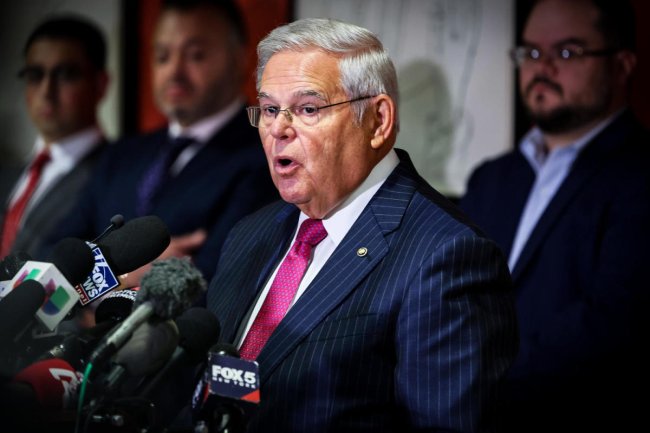Should Companies Use Unconventional Spellings for Products? It Isn’t Always Klear
Funny spellings of brand and company names may deter customers. Illustration: Siung Tjia/WSJ By Lisa Ward Updated April 15, 2023 12:00 pm ET Many businesses use unconventionally spelled words for brand names or even the name of their company (think Lyft or Froot Loops), but a new study suggests that may not always be such a great idea, especially if the brand is new to the market. The study finds that unconventional spelling, where the word is recognizable but not spelled as it is in the dictionary, may deter customers from choosing a brand or buying a product. For instance, in one part of the study, conducted on the University of Notre Dame campus, people passing by were offered a choice between two fictional brands of seltzer. Half were asked to choose between Deep and Clear. The other half wer


Funny spellings of brand and company names may deter customers.
Illustration: Siung Tjia/WSJ
By
Lisa Ward
Many businesses use unconventionally spelled words for brand names or even the name of their company (think Lyft or Froot Loops), but a new study suggests that may not always be such a great idea, especially if the brand is new to the market.
The study finds that unconventional spelling, where the word is recognizable but not spelled as it is in the dictionary, may deter customers from choosing a brand or buying a product.
For instance, in one part of the study, conducted on the University of Notre Dame campus, people passing by were offered a choice between two fictional brands of seltzer. Half were asked to choose between Deep and Clear. The other half were offered Deep or Klear. Some 322 people participated, divided equally between the two groups.
People were less likely to choose the Klear brand, picking it 48% of the time, while people in the other group chose Clear almost 62% of the time. Throughout their study, the authors found similar results using different brand names and products.
Home cocktail kits
In another experiment, 304 participants were randomly assigned one of 150 fictional brands for a home-cocktail-making kit. One-half of the names were spelled conventionally and the other half were spelled unconventionally. All participants were told that they could be randomly selected to receive a bonus prize, either $20 in cash or a $50 gift certificate usable for future purchases from the cocktail-making-kit company.
Participants who saw a conventionally spelled brand chose the gift certificate 34.2% of the time whereas participants who saw an unconventionally spelled brand name chose the gift card only 21.7% of the time. Choosing the gift certificate, according to the researchers, is an indication that the person supports the brand.
“Companies and marketing firms spend a lot of time and money trying to come up with names, but they aren’t always aware that unconventional spellings may negatively impact customers’ initial perceptions of the brand or company,” says John Costello, an assistant professor at the University of Notre Dame’s Mendoza College of Business and one of the paper’s co-authors.
SHARE YOUR THOUGHTS
How do you react to companies that have unconventionally spelled names? Join the conversation below.
Consumers likely perceive unconventional spellings as gimmicky or as a lack of sincerity, according to the authors, who illustrated this point in another experiment where 400 participants were asked whether they would download music from an app called My Mix or from one named My Myxx. They saw one app or the other, but not both. Again, more participants preferred the conventionally spelled app.
To better understand these preferences, the authors also asked participants to indicate on a seven-point scale, with 1 “not at all” and 7 “very much,” whether they thought the music app’s name was “chosen as a gimmick or marketing tactic to persuade consumers.” The mean score for participants who preferred the My Myxx app was 5.17 compared with a mean score of 4.52 for participants that saw the My Mix app. The conventionally spelled app also was seen as more down to earth, honest, wholesome and cheerful.
“Unconventional spelling may give the impression that a brand or company is trying too hard to be trendy or cool,” says Prof. Costello.
An exception
However, the authors did find evidence suggesting that people might think more favorably about unconventional names if the names can be made to seem sincere. In one experiment, the authors told participants that a company’s unconventionally spelled name was chosen via crowdsourcing. When they did this, preferences for the conventionally spelled brand name were much smaller and less statistically significant. Thus, companies that do choose to use an unconventionally spelled name may want to take the time to explain the name’s origin to customers, so the choice seems more sincere or authentic, says Prof. Costello.
In their final experiment, the authors found participants preferred unconventionally spelled brand names when they were looking for a memorable occasion. Participants in this experiment were asked to imagine they were looking to make memories on their last day of vacation. The authors then found that participants were actually more likely to prefer to party at a bar with a more unconventional name than a bar with a conventional name.
“There may be a trade-off between making memories and perceived sincerity,” says Prof. Costello, who adds that in some cases brands may want to forgo sincerity to underscore their uniqueness.
Ms. Ward is a writer in Vermont. She can be reached at [email protected].

What's Your Reaction?













